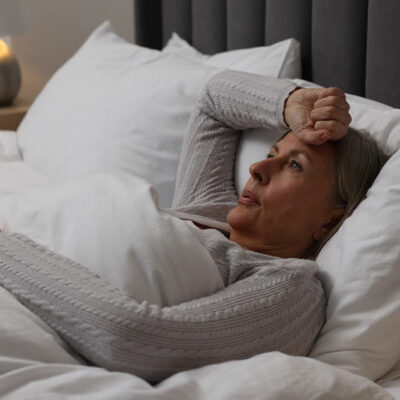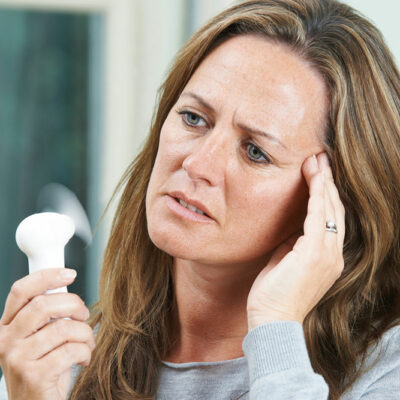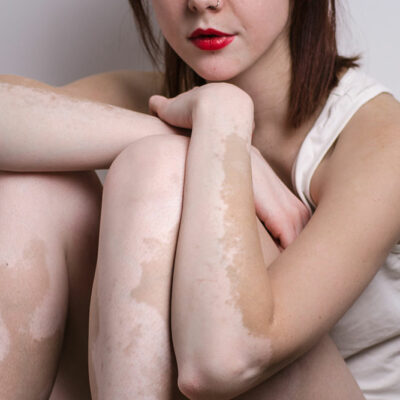
6 tips to manage menopausal hot flashes and night sweats
Hot flashes and night sweats are two notable signs of menopause and perimenopause. Generally, hot flashes cause sudden episodes of heat that spread through the face, chest, and neck. When hot flashes occur at night, it causes night sweats. Both symptoms result from significant changes in hormone levels, specifically estrogen and progesterone. While stopping hormonal changes is impossible, one can manage the effects of hot flashes and sweats with these tips and feel better: Reduce the room’s temperature Even a slight increase in core body temperature can trigger hot flashes and night sweats. One way to manage core body temperature is to make the room cooler. Individuals can do this by turning down the thermostat, switching on the air conditioner, installing a fan, opening a window, or sleeping on a cooling gel pad. Wear breathable clothes Clothes made using synthetic fabrics trap body heat and do not absorb sweat or let it evaporate. Wearing such clothes can not only cause discomfort but also trigger hot flashes. Therefore, one should wear breathable fabrics like cotton, linen, muslin, and bamboo. Loose and lightweight clothing is the best because it keeps the body cool and allows sweat to evaporate from the skin during night sweats.





